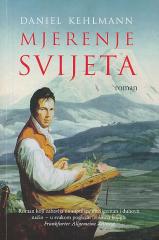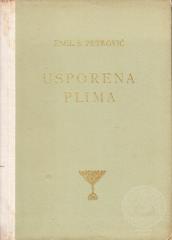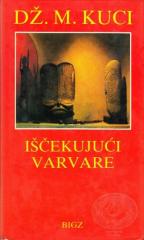
Mahlerovo vrijeme
The novel Mahler's Time (2005) is a humorous and intellectually rich fictionalized biography of two German scientists of the 18th and 19th centuries, Alexander von Humboldt and Carl Friedrich Gauss.
Kehlmann explores the lives and work of two scientists from contrasting perspectives, mocking the Enlightenment ideal of measuring and rationalizing the world.
Humboldt, a passionate explorer, travels through South America, measuring nature with obsessive precision, facing the dangers of the jungle and the challenges of colonialism. Gauss, an introverted mathematician, remains in Germany, contemplating the universe through theory and calculation, frustrated by the limitations of everyday life. Their life paths, although different, converge in the pursuit of knowledge and at the moment of their meeting in 1828, where Kehlmann depicts the clash of their characters and visions.
The novel plays with historical facts, mixing them with fiction, irony and humor. Kehlmann's style is lively, with modern storytelling techniques, such as nonlinear narration and interior monologues, which give freshness to the historical novel. The work explores the limits of science, human ambition and the imperfections of genius, making it a bestseller translated into several languages.
Jedan primjerak je u ponudi





